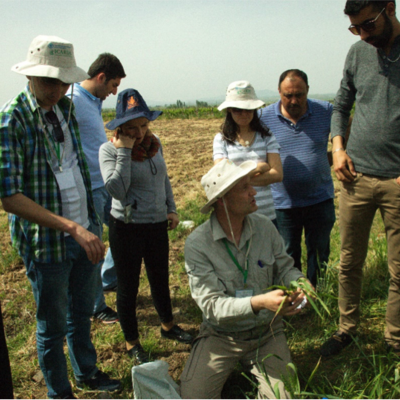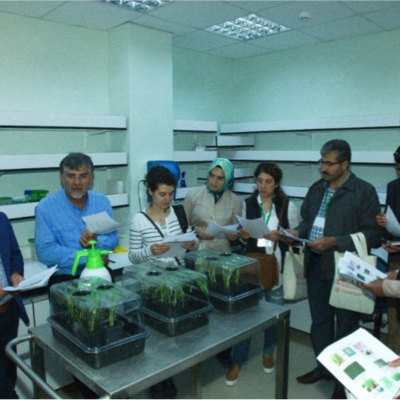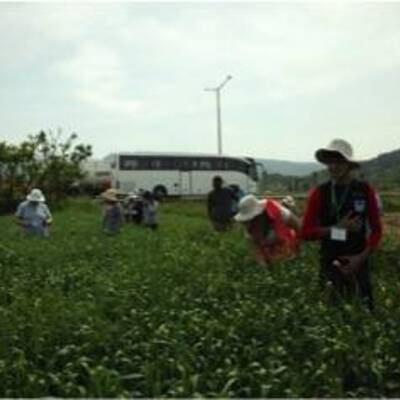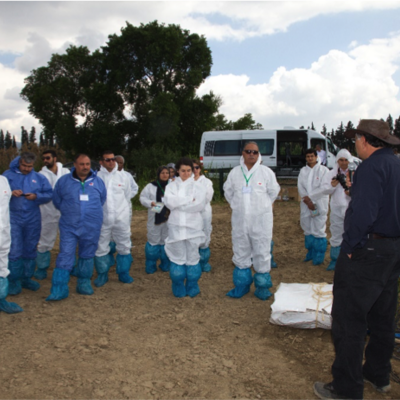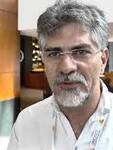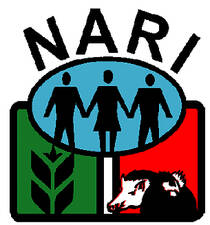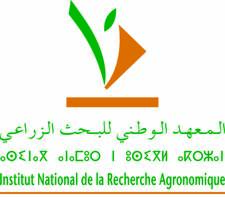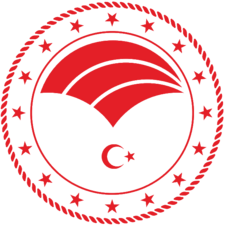Impact pathways
Working together with national partners in the 10 target countries, ICARDA scientists will coordinate and support wheat-related field surveys and data collection, and conduct analysis on the rust samples for disease occurrence, virulence, and race identification. Through the organization of a training workshop targeting 13 officials from the Central Asia and Near East countries, disease management and surveillance techniques will be enhanced in order to strengthen contingency planning and early warning of the spread of diseases. The project outputs will then contribute to improved capacities of countries, communities, and stakeholders to implement good practices to reduce the impact of the crisis, thus promoting food safety and increased productivity of farmers who rely on wheat as a major source of staple food and income.



